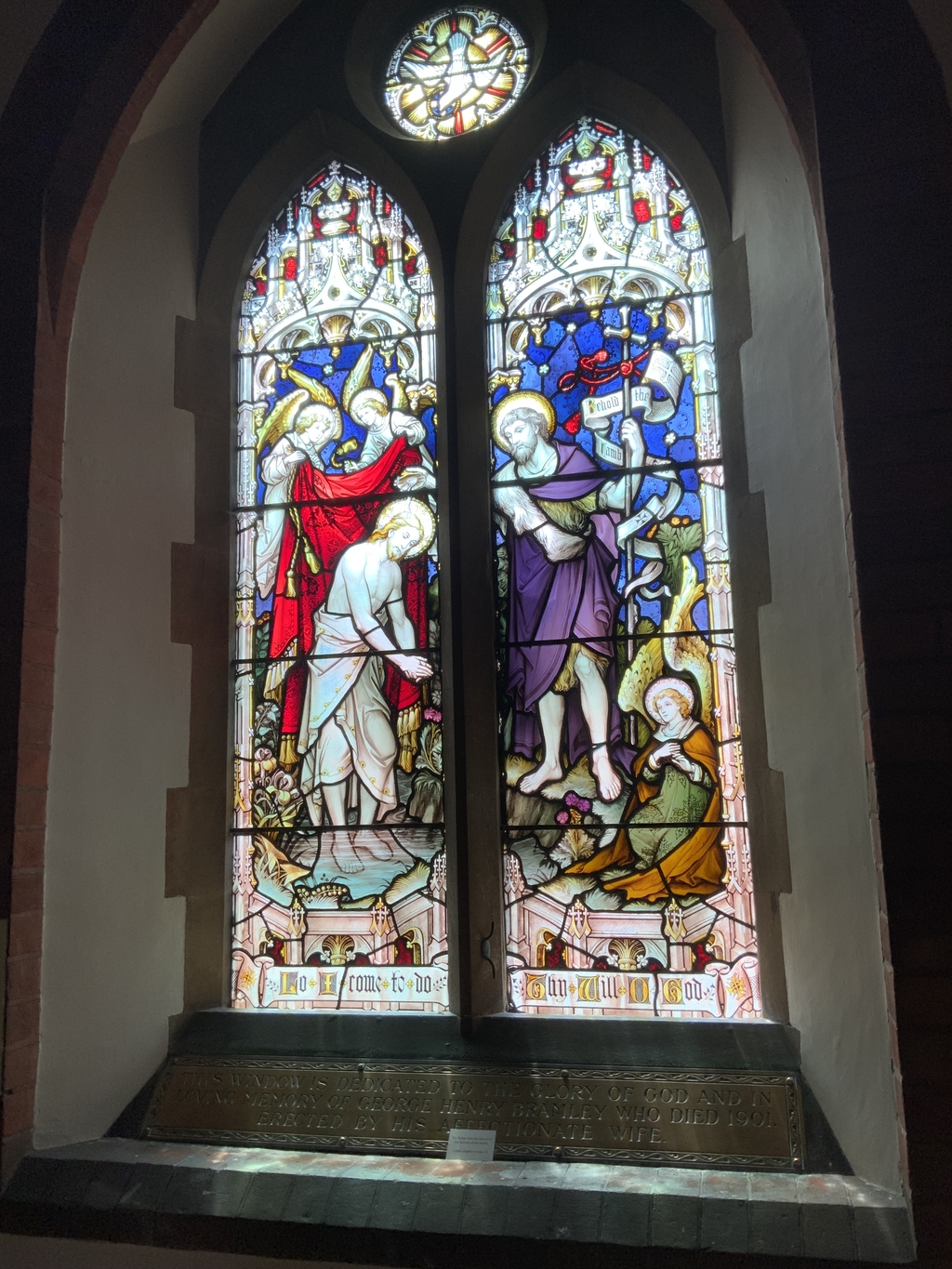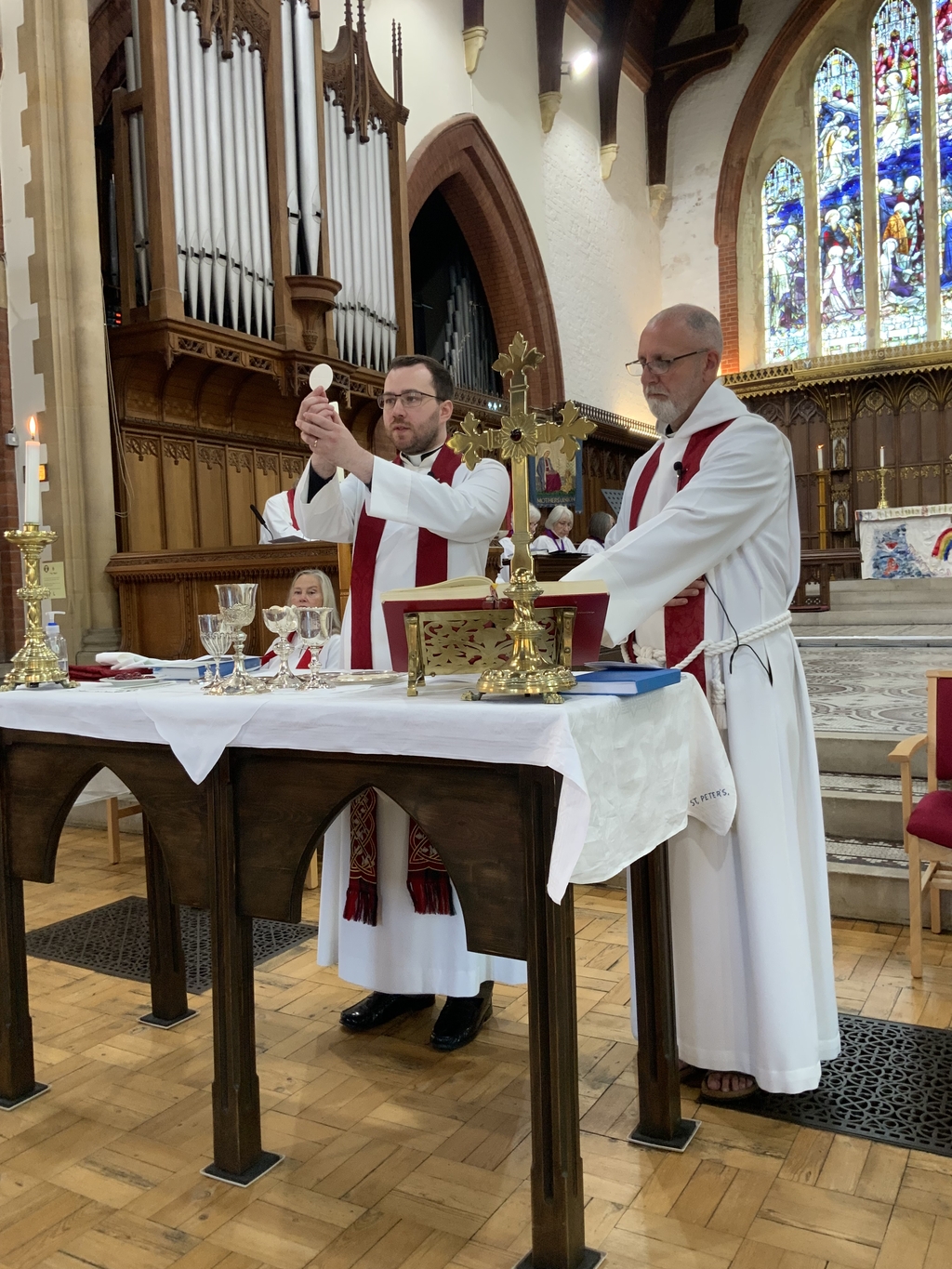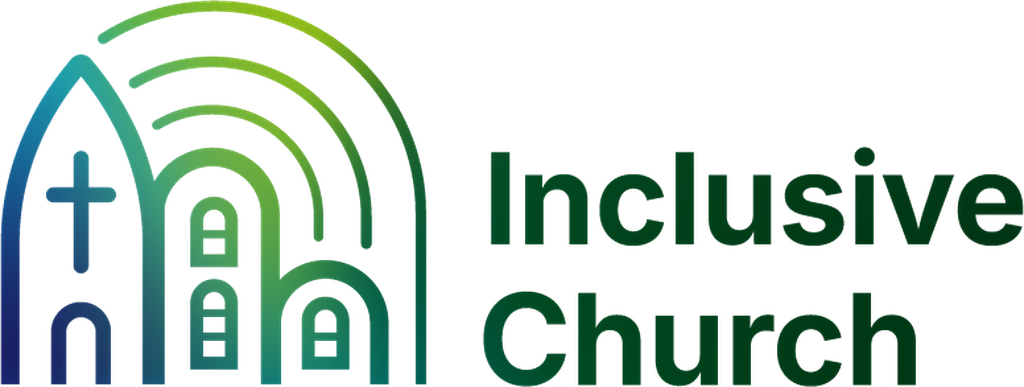It’s Quiz time!
How many Wise Men visited Jesus in Bethlehem?
Our Gospel doesn’t tell us. What it does say is that they brought three gifts. Now if the Wise Men were British, we could be fairly certain that there were three of them, because if there had been four Wise Men they would have brought four gifts with them. And through the centuries, in all the countries that Matthew’s Gospel has been read they have come to the same conclusion.
Question 2 - what were the three gifts? Gold, Frankincense and Myrrh.
The three gifts have always been seen in a symbolic way. Each one is a prophetic statement about the child Jesus, because the Wisemen believed that this child was so totally special that they had travelled about one thousand miles. An Arabian Camel can manage 40 miles a day, which means that it would take at least 25 days travelling non-stop to see Jesus, but would probably have taken two to thee months to complete the journey, with the visit to Jerusalem were they met with King Herod.
The gift of Gold is a symbol of Kingship - Jesus is to be the King of the Jews, not in an earthly sense but in a Divine sense.
The gift of Frankincense is a symbol of priesthood - Jesus is to be High Priest.
The gift of Myrrh is a symbol of death, it is one of the spices that is placed around a corpse - Jesus’ death was to be not just important but something which was to change the world.
All of these symbols can be misunderstood. Many Jews wanted Jesus to be their king and lead an uprising against the Romans who occupied their country. Others wanted Jesus to be the High Priest who got rid of the Pharisees and Sadducees and run their country. Even the disciples wanted to stop Jesus going to Jerusalem at the end of his ministry because they knew that the Pharisees and Sadducees would join forces and kill him.
As we follow the ministry of Jesus we learn that these gifts of Gold, Frankincense and Myrrh do tell us about Jesus, but that the way of Jesus, the way of God is totally different because in each area, Kingship, Priesthood and death, the Divine way is always about Love, Care and Compassion, and that life and death is about service; that life is about giving not receiving.
The Revd Father Andrew Lane SSL











